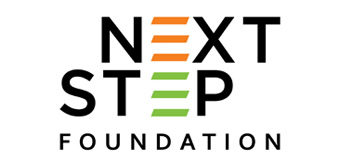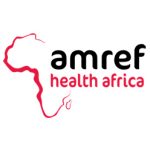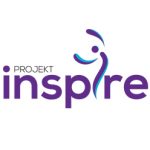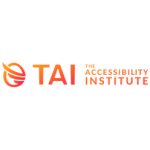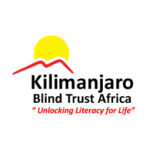Next Step Foundation’s Upili Program’s Vision for Students with Disabilities in Kenya
“Emerging from a special secondary school in Thika, Kenya, my journey was one of resilience and self-acceptance as a Kenyan Woman with a Disability. While I emerged empowered, I recognized the disparity in opportunities. Not every student with a disability shares my fortune. This is precisely why Upili holds profound significance.” – Mariam Ndegwa, Fundraising Support Officer at Upili.
The statistics are alarming: Youth with Disabilities are up to 10 times more likely to battle depression. In places like Kenya, entrenched religious and cultural beliefs exacerbate the challenges faced by Children with Disabilities. Fear of societal misconceptions and stigma often causes the families of these children to hide them at home, sometimes prompting thoughts of abandoning or euthanizing Newborns with Disabilities.
Within Kenyan households, Children with Disabilities frequently experience social isolation, discrimination, and the disheartening message that they will never contribute to society or lead independent lives. These years of trauma and mental health struggles negatively impact their journey when they eventually join specialized schools.
The students’ emotional burdens become an additional obstacle, often resulting in depression, anxiety and anger, which contributes to the disheartening statistic of a 60% higher dropout rate for Students with Disabilities as compared to their non-disabled counterparts.
“There exists a mental health crisis among youth with disabilities in Kenya, and the Upili Program aims to reshape this narrative.”
At Upili, we acknowledge the pivotal role of psychosocial support in alleviating past trauma and equipping individuals to successfully navigate future discrimination. Group counselling, led by Counselors with Disabilities, fostering a safe space through shared lived experiences, is invaluable. However, the impact extends beyond sessions; it requires a framework of continual care and support, both within and beyond the school environment.
“The stress and stigma our students face start and end at home. Returning after breaks, they carry the weight of neglect and oppression. Anger becomes a significant challenge on campus post-breaks.” – George Wairobi, Deputy Principal, Kambui Secondary School for the Deaf.
The Upili Program’s approach is four-fold and carefully designed:
- Counsellors with Disabilities provide direct support to Students with Disabilities.
- Teachers and staff are trained as “psychological first responders.”
- Students are empowered through Peer-to-Peer counseling
- Parents/caregivers are educated to foster acceptance and understanding of disabilities
Since the launch of Upili’s pilot program earlier this year, positive feedback from special schools across Kenya has been heartening. Students express eagerness and cautious optimism about participating in therapeutic groups and the opportunity to be trained as peer counsellors. Hearing their keen interest in the program’s parent and caregiver training has further fueled the Team’s energy behind the launch.
Additionally, engagement with school administrators, teachers, and staff highlighted for the Team the necessity for increased psychosocial support, recognizing its synergy with traditional academics for students’ current and future successes.
The urgency of the Upili Program becomes undeniable in the face of overwhelming statistics and the troubling experiences shared by students. As the pilot launch approaches, the enthusiastic response from students, educators, and administrators across various special schools in Kenya is deeply encouraging. Upili aims not only to alleviate the immediate traumas carried by the students but also to foster an environment of understanding, support, and acceptance.
About the Author:
Carla Birnberg, Upili’s Program Director and Next Step Foundation’s Chief Storyteller, first visited Kenya in 1998. Moved by the youth and children she met during the extended trip, she now combines her vast experience and passion for Tikkun Olam (repairing the world), focusing on amplifying the voices of the historically excluded in the region.
